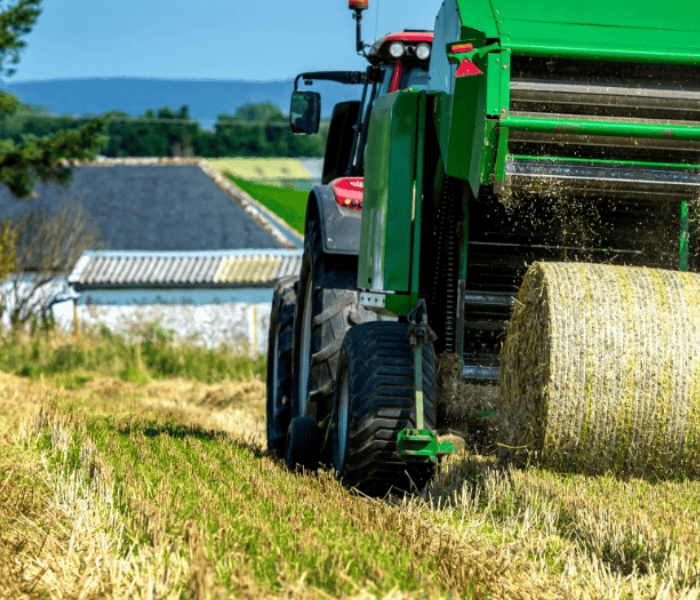The Department for Environment, Food & Rural Affairs (DEFRA) is set to surrender a significant £100 million underspend from its Environmental Land Management (ELM) schemes to the Treasury. This development raises concerns and discussions among stakeholders in the agricultural sector about the implications and future of environmental funding and support in the UK.
What’s happening?
The ELM schemes, designed to replace the EU’s Common Agricultural Policy post-Brexit, aim to promote environmentally friendly farming practices and improve biodiversity. These schemes are critical for UK farmers transitioning towards more sustainable operations. The £100 million underspend represents a substantial portion of funds that were allocated but not spent due to various administrative and operational challenges.
Potential impacts
The return of these funds to the treasury could mean reduced financial support for farmers, who play a crucial role in implementing environmentally sustainable practices. This reduction in funding might slow down the progress towards achieving the UK’s environmental goals in agriculture. Such a scenario emphasises the need for better management and allocation of funds to ensure that the objectives of sustainability initiatives like the ELM schemes are met effectively.
The underspend could reflect deeper issues with the ELM schemes’ design and implementation, indicating that they may not be fully accessible or adequately tailored to meet the farmers’ needs, or that there are significant hurdles in the application process. This raises important questions about the viability and design of the schemes, suggesting a need for thorough review and possible adjustments to ensure they effectively support sustainable agricultural practices.
There are concerns that the underspend could lead to future cuts in environmental funding, as the government might perceive that allocated funds are not being fully utilised. This reduction in future budget allocationscould undermine long-term environmental initiatives, raising concerns about the sustainability and effectiveness of efforts to promote environmentally friendly farming practices.
Looking ahead
This situation serves as a wake-up call for DEFRA and other stakeholders to revisit and possibly revamp the ELM schemes. Improving the accessibility and applicability of these schemes for all farmers, particularly those with less resource to engage with complex bureaucratic processes, will be essential. Furthermore, engaging with the farming community to raise awareness and understanding of the schemes is crucial to ensure better uptake and effective use of allocated funds.
This underspend risks further undermining farmer confidence, which is already at record lows. This dwindling confidence among farmers is compounded by challenges such as inflation, falling incomes, and the increasing frequency of extreme weather events, all of which place additional pressures on their operations.
As the UK continues to refine its post-Brexit agricultural policies, it is critical that these issues are addressed comprehensively. Policymakers must engage more effectively with the farming community to rebuild trust. Future funding needs to be used more effectively, supporting the vital transition towards sustainable agricultural practices.
How we can help
We’re ready to support the agricultural community during these challenging times. We offer a range of financial services tailored to meet the unique needs of farmers, including loans, leasing options, and customised financial planning.
Peregrine Finance can help farmers navigate through financial uncertainties by providing the necessary capital to invest in sustainable practices, upgrade equipment, or expand operations, despite the current volatility in environmental funding. Our expertise in agricultural finance allows us to offer solutions that are sensitive to the cyclical nature of farming incomes and the impacts of external pressures such as inflation and climate events.
By partnering with us, farmers can secure the financial support needed to not only sustain their operations but also to invest in innovations that can lead to greater efficiency and environmental stewardship.




